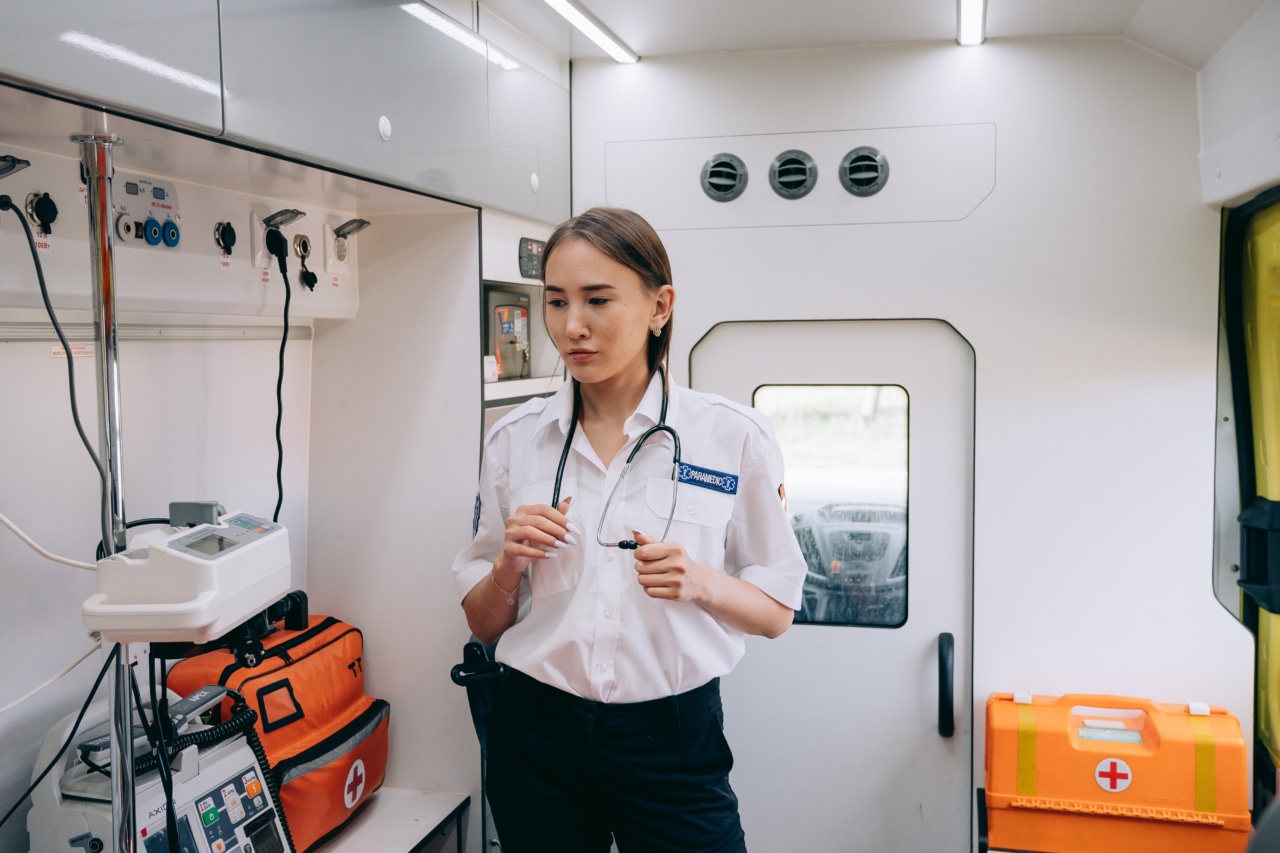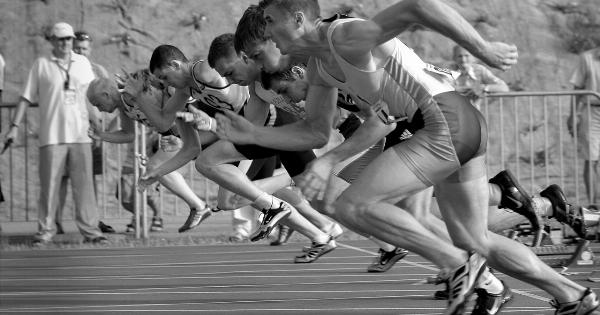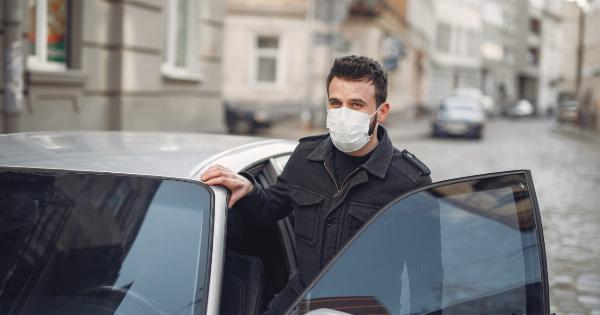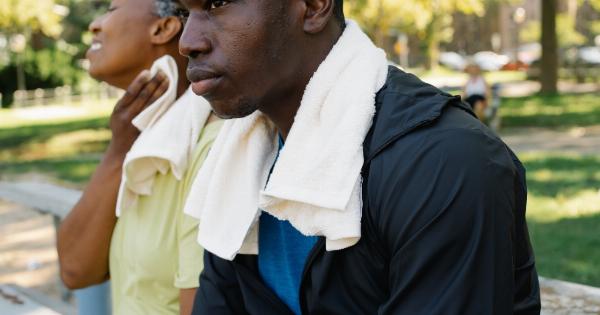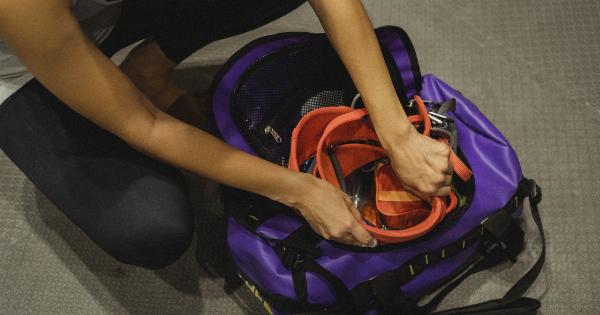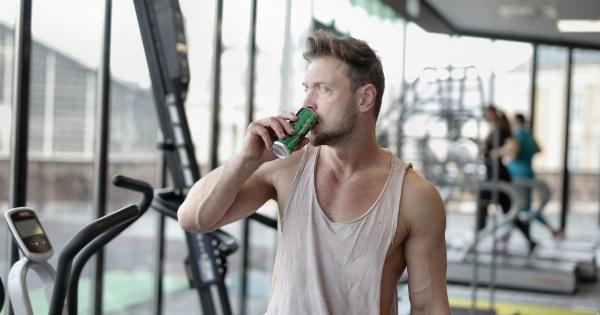Running a marathon is a challenging task that requires a lot of preparation, discipline, and physical endurance. Many runners train for months, even years, to participate in this 26.2-mile race.
However, even with the right preparation, accidents or unexpected injuries can happen during a race. This is why it is crucial for marathon runners to know how to administer emergency first aid. Knowing how to do so could potentially save a life or minimize injuries. Here are some essential first aid tips that every marathon runner should be aware of:.
1. Know the Signs of Dehydration
Dehydration is a common problem that marathon runners may face, especially during hot or humid weather conditions. Signs of dehydration include dizziness, fatigue, thirst, and dry mouth.
If you or another runner experiences these symptoms, it is essential to stop running, hydrate with water or sports drinks, and rest in a shaded area.
2. Treat Heat Stroke Immediately
Heat stroke is a severe condition that can occur when a runner’s body temperature rises above 104 degrees Fahrenheit. Symptoms of heatstroke can include confusion, seizures, and loss of consciousness.
If anyone around you experiences these symptoms, call for medical assistance immediately. In the meantime, move them to a cool and shaded area, remove excess clothing, and try to cool them down with ice packs or cold water.
3. Help with Muscle Cramps
Muscle cramps are a common occurrence during marathons. These cramps can be treated by stretching the affected muscles, massaging them gently, and hydrating adequately.
Runners can also use over-the-counter pain relief medications, such as ibuprofen or acetaminophen, to relieve the pain. However, if the cramps persist or are severe, it is essential to seek medical attention immediately.
4. Treat Blisters
Blisters are a common problem that many runners face during marathons. These painful sores can be treated by cleaning the area with warm water and soap and applying a sterile cover.
Additionally, runners can use petroleum jelly or special blister pads to reduce friction and prevent further damage.
5. Treat Cuts and Abrasions
Cuts and abrasions are a common result of falls or accidents during a marathon. Runners can treat these injuries by cleaning the area with sterile water or alcohol wipes and covering the wound with gauze or a bandage.
If the injury is severe, it may require stitches or additional medical attention.
6. Recognize the Signs of a Heart Attack
Heart attacks can happen to anyone, even well-trained runners. Signs of a heart attack can include chest pain, shortness of breath, dizziness, and nausea.
If someone around you experiences these symptoms, call for medical assistance immediately and stop running. You can try to make them comfortable by placing them in a seated position and loosening any tight clothing.
7. Help with Breathing Difficulties
Breathing difficulties can be caused by various factors, such as asthma or allergies. If you or another runner experiences shortness of breath, wheezing, or coughing, it is essential to stop running and seek medical attention.
Additionally, runners can carry an inhaler or medication prescribed by a doctor to help with difficult breathing.
8. Seek Medical Attention for Any Unusual Symptoms
Any unusual symptoms, such as chest pain, severe headaches, or loss of consciousness, should be taken seriously during a marathon. If you or another runner experiences these symptoms, it is essential to seek medical attention immediately.
Do not try to continue the race, as it may further aggravate the condition.
9. Be Prepared with a First Aid Kit
As a precaution, runners should carry a small first aid kit during marathons. The kit should contain items such as adhesive bandages, antiseptic wipes, gauze, and pain relief medication.
Additionally, runners should also carry their medical history and emergency contact information with them.
10. Know When to Stop Running
Finally, runners must know when to stop running during a marathon. If you feel unwell, dizzy, or experience any unusual symptoms, it is crucial to stop running and seek medical attention.
Do not feel pressured to continue the race, as your health should always come first.
